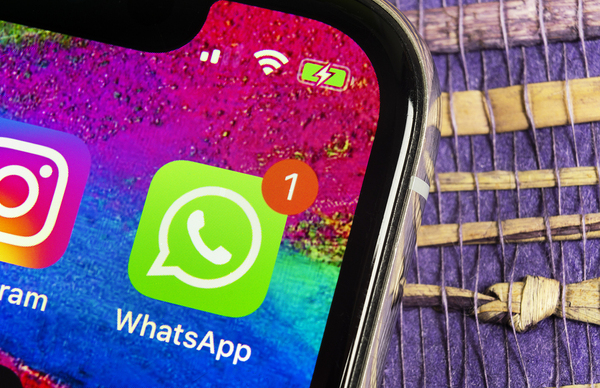If you’re a parent concerned about your teen’s privacy online, you may be focusing on sites like Facebook or Instagram. However, messaging apps like WhatsApp can easily slide under parents’ radars. It’s easy to assume that an app designed for private messaging will be… well… private. However, that’s not necessarily the case. WhatsApp, which was acquired by Facebook in 2014, poses some significant risks to users, including teenagers who use the app.
What’s Changed at WhatsApp?
Why is WhatsApp less secure than it used to be?
If you’re familiar with the history of WhatsApp, you may be wondering why the app poses a privacy risk now, when it originally was focused on giving users more privacy when messaging. It’s true that the founder of WhatsApp made privacy and protecting user data a signature feature of the app. However, when the app was acquired by Facebook, that started to change.
As it does with its other sites and apps, Facebook heavily focused on collecting and selling user data despite the concerns of WhatsApp’s founder. And when the founder left the company last year, engineers predicted that Facebook would track even more data than it already was tracking. In short, Facebook acquired an app with a reputation for providing privacy and actively began to undermine that privacy.
WhatsApp and Fake News

Is your teen picking up misinformation from their messaging service?
Privacy concerns aren’t the only problem with WhatsApp. Although most people tend to think of the app as a messaging service and not a social media app, WhatApp’s “groups” function, which allows users to group chat with more than 250 people at a time, can work more like social media than like a traditional instant messaging app. With so many people in a group at a time, it’s easy for information to go viral quickly, even if it’s false information.
This was demonstrated in India, where a large majority of the population uses WhatsApp for messaging, when rumors about child abduction spread in WhatsApp groups went viral. The false information led to mob lynchings. WhatsApp has made changes in an effort to prevent similar incidents in the future, such as slowing down forwarding and flagging forwarded content so that users are aware when a message is not the original content of the sender they received it from. However, experts fear that these steps may not go far enough.
Alternatives to WhatsApp
Parents who are concerned about their teenagers’ privacy and about their possible exposure to viral misinformation should know that there are other options available that teens can use that don’t pose these types of risks. Signal, for example, is a well-regarded private messaging app that retains no private information other than the phone number used to register and the day the user last logged in. Users can also set messages to self-destruct.
Parents can keep track of which apps their children are using and how they’re using those apps with parental computer monitoring software. Knowing what your teens are doing on their smartphones can enable you to guide them toward safer choices. For more information about how computer monitoring software works, get our risk free trial


